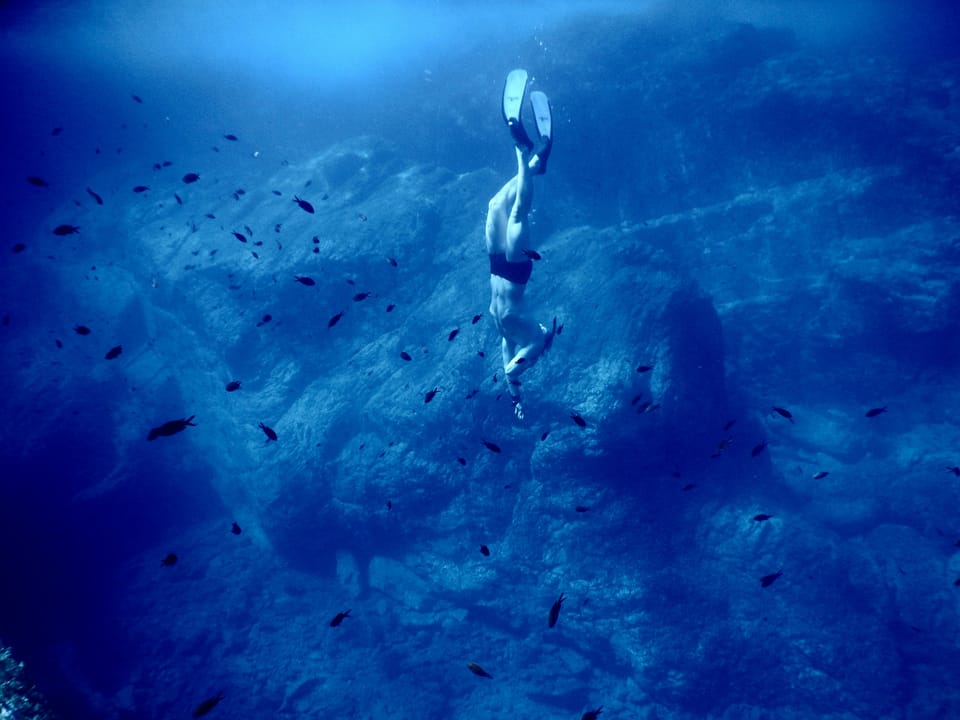Norway suspends deep-sea mining plans

The Norwegian government has pressed pause on its plans to allow deep-sea mining in its waters after a small party threatened to block approval of the annual budget if mining permits were issued.
Norway’s decision to approve mining in the Arctic seabed last January sparked controversy and protests across Europe, with environmental groups warning of the known and unknown ecological consequences of this new practice.
Now, the coalition government has been forced to backtrack in its plans, after the Socialist Left (SV) party said it would censor the annual budget if the country went ahead with deep sea mining permits.
This is the result of a grassroots activism campaign that engaged with the SV party throughout the year to make the fight against deep sea mining a flagship priority – pushing it to use its leverage at the annual budget approval to force the suspension.
The decision means that the world’s first deep-sea mining permits will no longer be delivered in the first half of 2025, but the government has promised to continue the preparatory work until Norway’s next national election in September.
Deep-sea mining and ‘green transition’ minerals
While the news was hailed in environmental circles, it sent shockwaves in the mining sector, with shares in Green Minerals – a company specialising in marine mining exploration – dropping 40% on December 2.
The company said it expects permits to be delayed by “up to 12 months”, and believes the delay will not affect its production timeline. Without a permit, the company hasn’t been able to start exploring the types of ore it can find in the seabed, but expects to find large quantities of copper and rare earth metals – both critical minerals for the energy transition
Supplying enough critical minerals to support the transition to renewable and electrified energy and transportation systems is a key priority, and climate change is already threatening to disrupt production due to heat stress.
Towards responsible mining
As a result, the mining sector is now facing the conundrum of having to extract more minerals from the earth to support a climate-friendly future, while working to avoid causing further damage on the world’s already endangered ecosystems.
In January 2024, the 24 members of the International Council on Mining and Metals (ICMM) – which together represent a third of the mining sector – committed to “take urgent action to support a nature-positive future by 2030”.
This includes protecting all legally designated protected areas, halting biodiversity loss across operations and value chains, partnering with local and indigenous communities to restore landscapes and “acting to change the fundamental systems that contribute to nature loss”.







Member discussion